Are INFPs Empaths?
Over the last few years I’ve gotten hundreds of emails asking about my thoughts on “empaths” and whether or not certain Myers-Briggs® personality types are more or less likely to relate to that term. With that in mind, I thought I’d explore the idea of an INFP empath in today’s article.
What is an empath?
Before we really dive in, what does “empath” even mean? According to WebMD, empaths are “individuals who are extremely perceptive of the feelings and emotions of people around them, which typically comes through some intuitive abilities.”

Not sure what your personality type is? Try out our most highly recommended personality questionnaires:
- You can take our free personality questionnaire here
Are INFPs, by nature, empaths?
From a scientific perspective, strong empathy is related more to mirror neurons than personality types. Mirror neurons are a specific group of cells that respond when we observe an action being performed by another person, as if we were performing it ourselves. Mirror neurons help us to empathize and put ourselves in other peoples’ shoes. Some people have a larger number of mirror neurons than others, and thus may have an easier time empathizing with people.
Unfortunately, we can’t measure the number of mirror neurons different personality types have access to. There have been no studies to observe and test this thus far. But thankfully there are a lot of experts on type who have noted the INFP’s tendency towards empathy and I, myself, have noticed a strong bent towards empathy among INFPs I’ve worked with as an MBTI® practitioner.
A Look at INFP Empathy
INFPs are introverted feeling types, and while they may seem mysterious and reserved on the outside, they often have rich inner worlds of emotion. While some types shy away from the depths of their emotional responses, INFPs stay connected to their inner life. This connection helps them to form a better understand themselves, their motivations, and their feelings.
Most people can categorize emotions to some degree. “Sad”, “angry”, “joyful”, or “nervous” are emotions that many people can recognize in themselves and name. But INFPs go deeper than most when it comes to their feelings. They are often highly in tune with the subtle nuances of emotion, and they understand how each part contributes to the whole of their emotional experience. They often enjoy words that pinpoint a very precise nuanced emotion, like “Enouement”, the bittersweet feeling of reaching a future, seeing how things have turned out, and not being able to go back and change things or warn your past self.
Just as INTPs are precise about language in terms of logic, INFPs are precise with language in terms of emotion. And they cultivate rich emotional memories that they can draw on when connecting with others.
This rich emotional understanding of the self enables INFPs to have a rich emotional understanding of others. Almost instantaneously INFPs can draw from their own experience to empathize with someone encountering a similar experience. Even if the circumstances vary to some degree, INFPs draw upon their understanding of emotion to create a bridge between one’s experience and another’s.
For example, if a friend is feeling scared and anxious about an upcoming event, the INFP can draw on their own experience with fear to help them understand and relate to that person’s feelings. Because they pull from their rich and nuanced database of emotional understanding so quickly, it can almost seem to the INFP that they are “absorbing” the other person’s emotions. This ability to empathize with precision can be incredibly helpful for people going through difficult times, as it allows them to feel seen, heard and understood in a way that few people in our busy, chaotic world can offer.
In addition to this deep emotional understanding, INFPs are also incredibly sensitive to other people’s emotions. They have a knack for reading body language and picking up subtle cues from their environment, which helps them understand what others might be feeling even if those feelings aren’t explicitly expressed.
INFPs – The Consummate Listeners
According to neuroscience expert Dario Nardi, INFPs “enter a special listening mode. They are consummate listeners. They thoroughly engage all brain regions that process voice, words, and sounds; moreover, they may easily enter a unique whole-brain state when listening to other people, whoever those people might be.”
Nardi states that because INFPs listen in such a holistic way, their brain acts as a “metaphorical still pond” that allows the speaker to be heard and understood in a profound way. A major component of empathy is the ability to actively listen, and this is something that INFPs excel at. Most INFPs would be appalled at the idea of looking at their phone or otherwise multitasking during a conversation with another person. They understand the meaning of true presence, and this ability to truly listen is a gift that they can offer to anyone lucky enough to have them in their life.
So Are INFPs Empaths?
I cannot guarantee that all INFPs are empaths, but it seems to me that their Myers-Briggs type (INFP) is particularly conducive to the qualities of an empath. INFPs have an innate ability to be deeply in tune with their own emotions and experiences, as well as pick up on subtle cues from other people. And they are incredibly generous in offering attention and presence when others need it.
The INFP’s natural qualities, when combined, make up a powerful combination that allows them to be attentive and responsive listeners who can understand and relate to the feelings of others in an incredible way. It’s no wonder why so many INFPs are drawn to helping professions such as counseling and therapy – they have a natural capacity for both compassion and understanding that allows them to be a wonderful source of comfort and guidance.
What Are Your Thoughts?
Did you enjoy this article? Do you have any insights or experiences to share? Let us know in the comments!
Find out more about your personality type in our eBook, The INFP – Understanding the Dreamer. You can also connect with me via Facebook, Instagram, or Twitter!
Other Articles You Might Enjoy:
24 Signs That You’re an INFP, the Dreamer Personality Type
Dealing with Emotional Overwhelm as an INFP
INFPs and Their Compatibility with Every Myers-Briggs® Personality Type


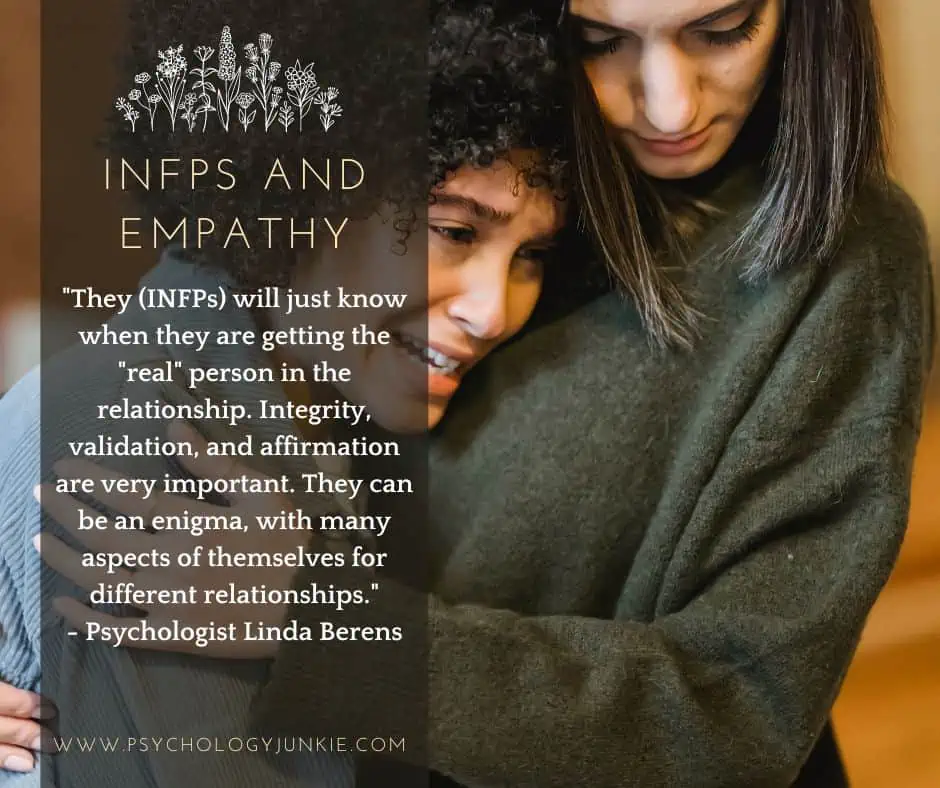
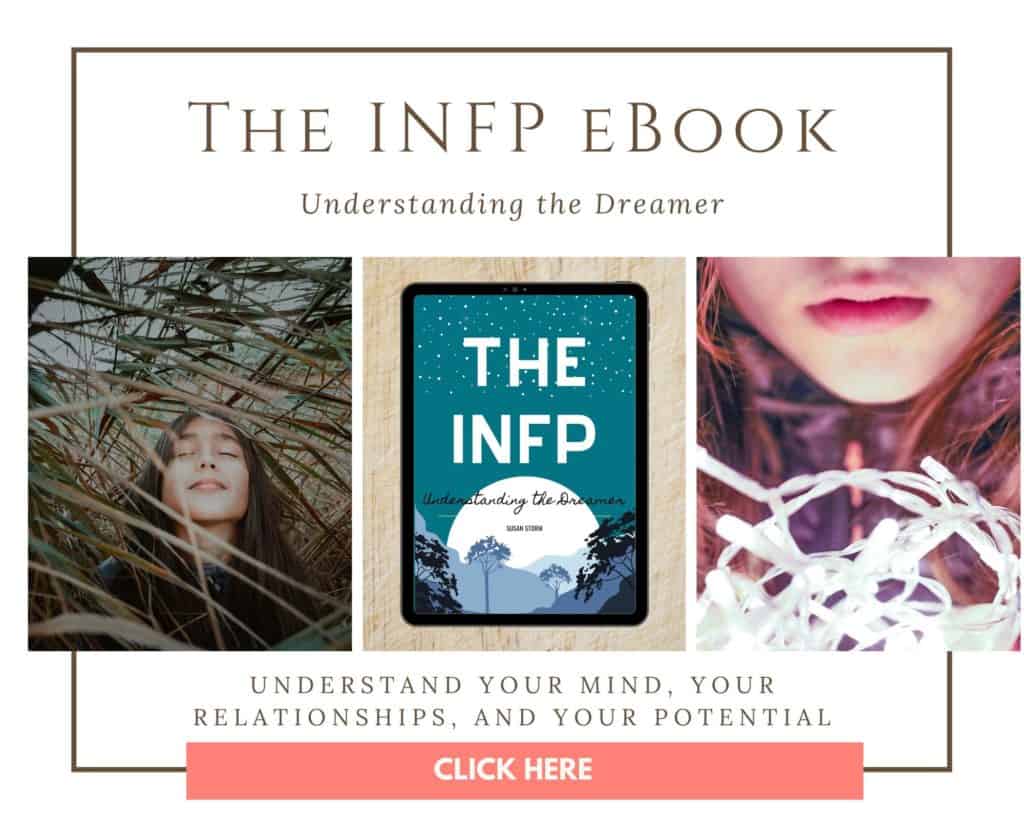


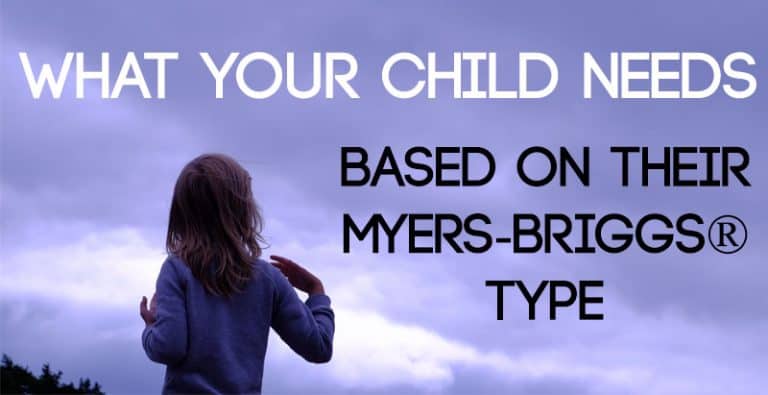
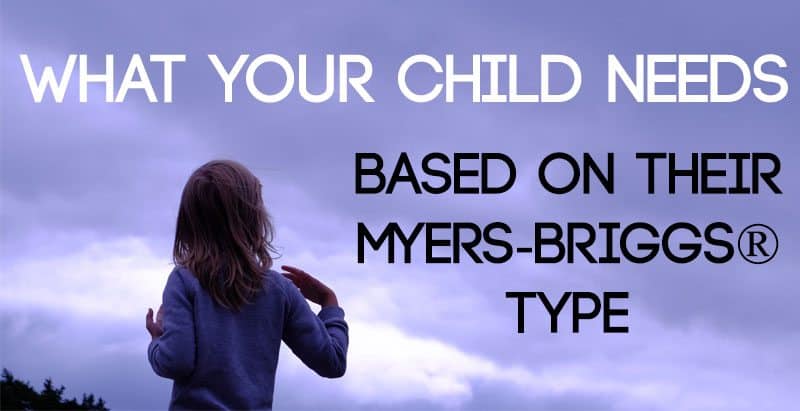
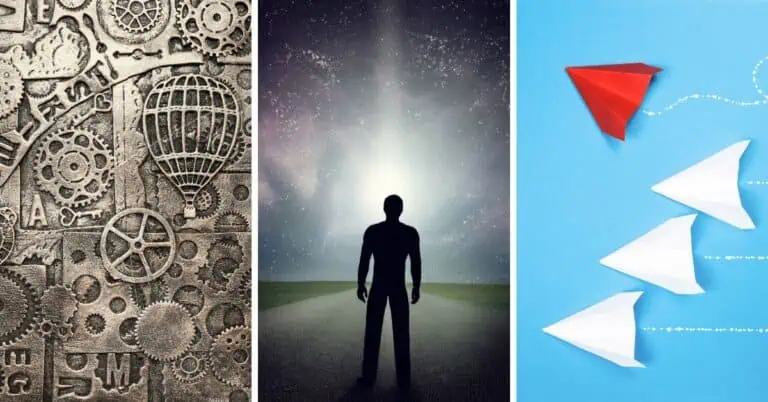
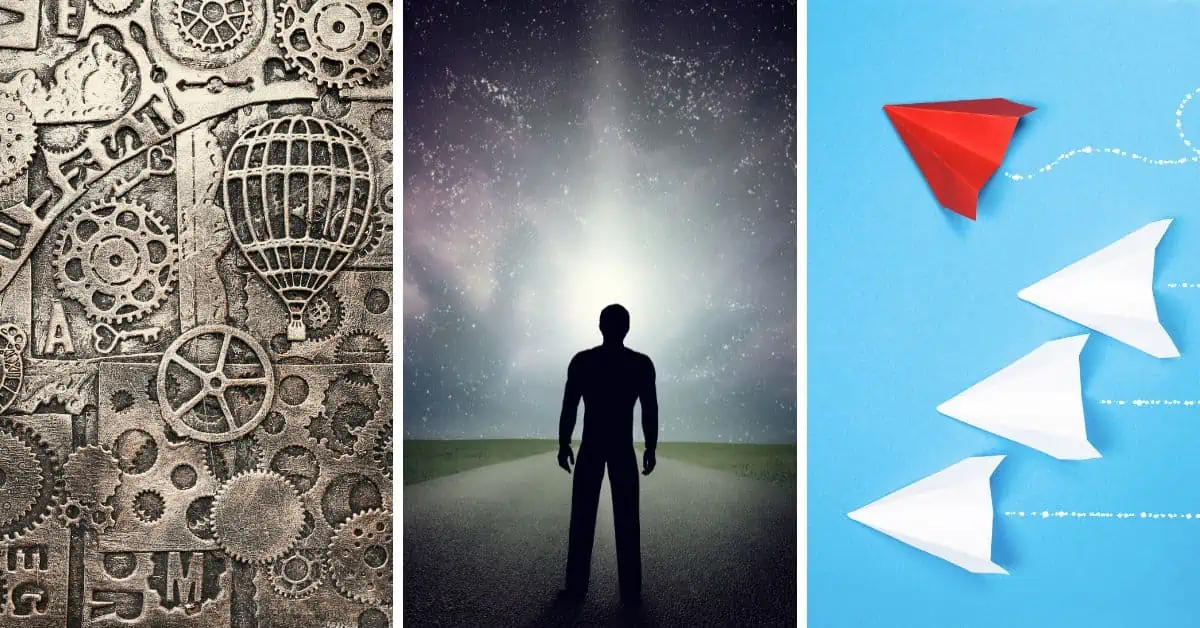




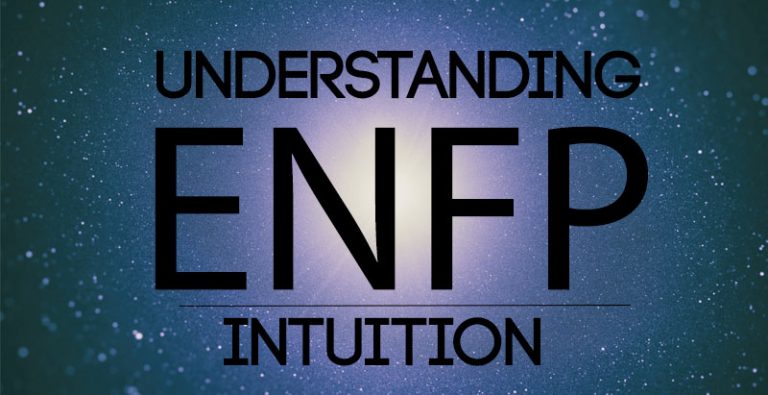
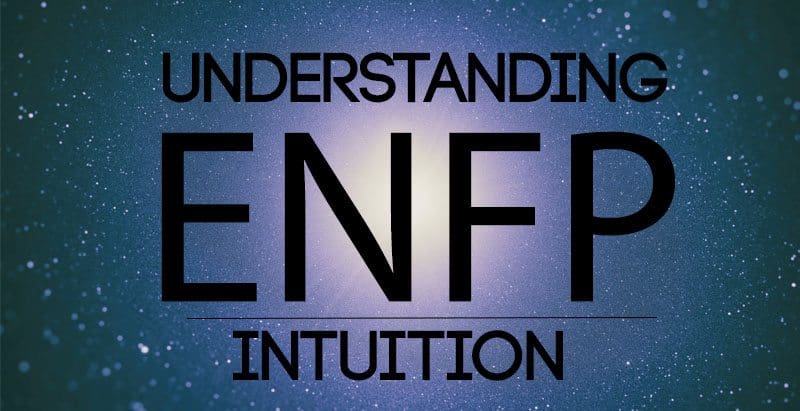
I am an INFP. You have spoken true of me. I am empathy, love and compassion. I am a Hypnotherapist.
I’ve help people my whole life. Why?
Because I can.
If I’m in the same as you I can learn about you because of your energy,
Your body language.
All i really have to do really is be in the moment with you.
There is nothing I can do about it. I can sense thing about people.
Good and bad. I am intuitive and can usually tell the outcome of any situation.
I tend to know things I’ve never been taught.
7 out of 10 times I know who is on the phone before I pick it up
Maybe I’m just a weirdo.
I’m happy being me.
Oh yes, consummate all right! I’m an INFP, my BF, my son is an INFP, even my therapist is an INFP, lol! We all have the same problem: we are consumed by the world around us: people who can hardly find someone who can truly listen to them, hence when they get hold on us they take the long haul. I tell you now: no more! Boundaries, Boundaries and boundaries. From now on I will save my mirror neurons for the selected very few who deserve us. This is from a very frustrated and depleted INFP who wishes the rest of the world does at least a tenth of our inner work, instead of dumping on our shoulders! Enough is enough!
So… this was written on April Fool’s day about INFP’s… by SUSAN STORM… who is the Marvel character of the INFP’s? Joke or real? If real, seriously funny. If joke, seriously funny! (I mean, obviously it wasn’t written by the character- but by someone of the same name?)
OK, the April 1 was the date of the first comment, not the original article- but still funny!
I’m an INFP, but don’t describe myself as an empathetic. I seek connection and understanding of the other – but I would deny the ability to put myself in the shoes of another person – for each experience is unique to them.